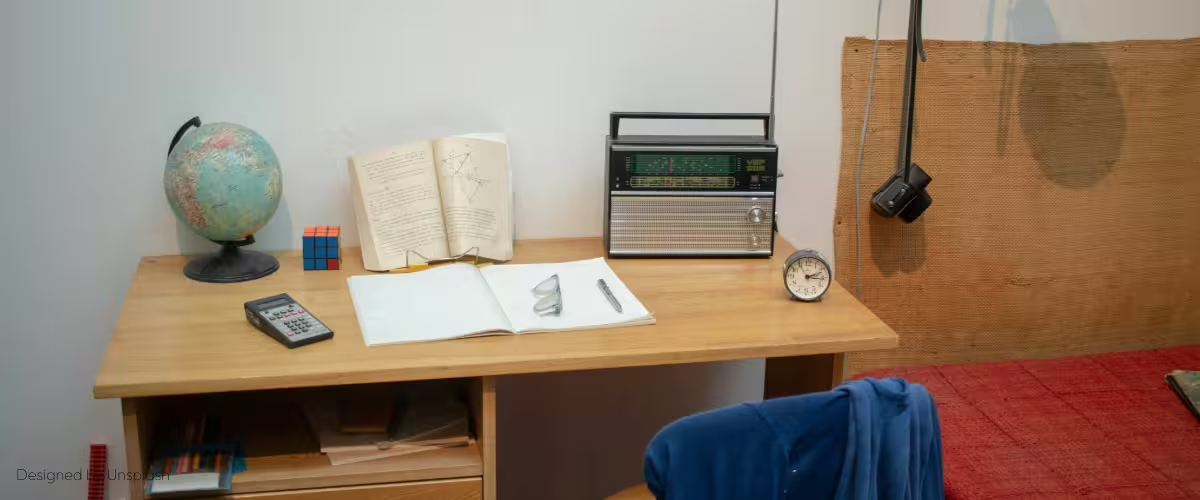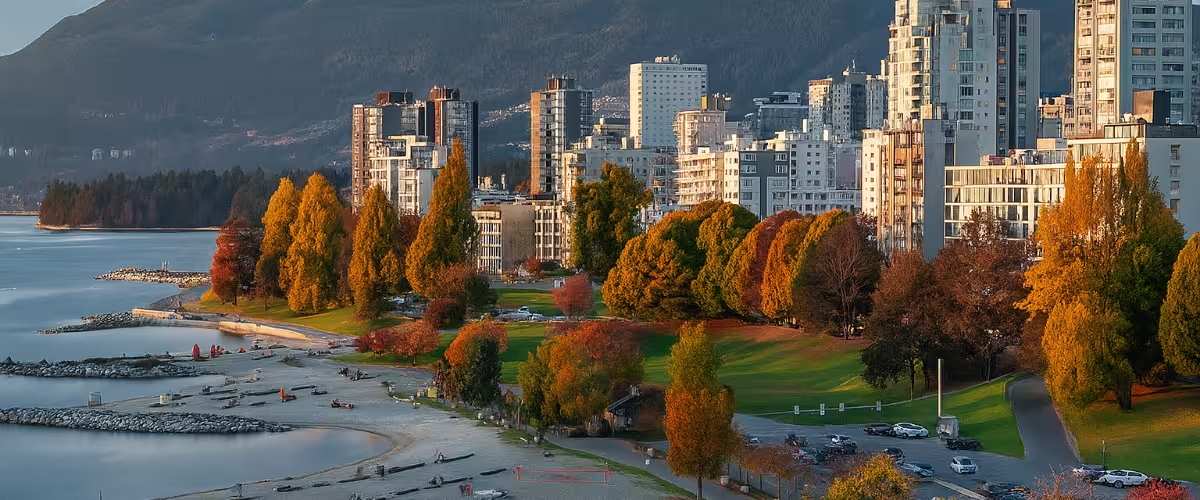

Student Housing in Vancouver: How to Find Affordable, Safe Rentals in 2025
Finding student housing in Vancouver can be challenging, especially for newcomers and international students on a budget. As one of Canada’s most desirable cities, Vancouver’s rental market is highly competitive, but with the right strategy, you can still find safe, affordable housing near your campus. This guide explains how to plan your budget, explore options, and secure a place confidently in 2025.
Understand Your Budget Before You Start
According to the latest Canada Mortgage and Housing Corporation (CMHC) data, Vancouver continues to have one of the highest average rents in the country. Students should plan early and set a realistic monthly budget that includes housing, utilities, and transit costs.
Estimated 2025 average rental prices:
-
Shared room in a student house or apartment: $700–$1,200/month
-
Studio apartment: $1,600–$2,000/month
-
One-bedroom apartment: $2,200–$2,600/month
-
University residence: $800–$1,500/month, depending on meal plans and facilities
Beyond rent, consider extra monthly costs:
-
Utilities and internet: $100–$200
-
Groceries and essentials: $300–$500
-
Transit: Around $45/month with a U-Pass BC (mandatory for most full-time students)
Understanding your total monthly cost helps you avoid financial surprises and allows you to shortlist housing options that fit your means.
Explore Your Housing Options
Vancouver offers multiple types of housing for students. Your choice depends on budget, comfort, and how close you want to be to your school.
On-Campus Housing
Universities like the University of British Columbia (UBC) and Simon Fraser University (SFU) provide residence options for both local and international students. On-campus housing offers convenience, safety, and built-in communities. However, spaces are limited, and applications should be submitted early through university housing offices.
-
UBC Student Housing: https://vancouver.housing.ubc.ca
-
SFU Residence and Housing: https://www.sfu.ca/students/residences
Shared Housing and Roommates
Renting a room in a shared home or apartment is the most affordable choice for many students. You can split rent and utilities while enjoying social interaction and reduced costs. Many students find shared housing near campuses in Kitsilano, Mount Pleasant, Burnaby, and New Westminster.
Always visit or schedule a video call before paying deposits. Look for listings on verified university boards or local Facebook student groups instead of public marketplaces.
Homestay Programs
Homestays allow students to live with local families. You’ll have a private room, meals, and an opportunity to immerse yourself in Canadian culture. These programs are particularly useful for international students during their first year. Check listings through Languages Canada or official school partnerships.
Off-Campus Rentals
Off-campus housing includes studios, basement suites, and small apartments in surrounding municipalities such as Burnaby, Richmond, and New Westminster. These areas offer lower rent and are well connected by SkyTrain and major bus routes.
If you are planning a move to one of these areas, you can find trusted local movers in places like Burnaby or New Westminster directly through Tingsapp.
Prioritize Safety and Location
While saving on rent is important, safety should always come first. Before signing a lease, research the neighborhood and check its proximity to key locations like:
-
Your university or campus
-
Grocery stores and pharmacies
-
Public transportation routes
-
Well-lit and populated streets
Student-Friendly Neighborhoods in Vancouver
-
Kitsilano – Close to UBC, walkable, near beaches and cafes
-
Mount Pleasant – Central, safe, and well connected to downtown
-
Burnaby – Home to SFU and more affordable than central Vancouver
-
New Westminster – Budget-friendly and located on the SkyTrain route
You can explore neighborhoods virtually with Google Street View or check safety reports on Vancouver Police Department’s public crime maps at https://vpd.ca.
Avoid Rental Scams
The BC Residential Tenancy Branch and Consumer Protection BC warn that rental scams remain common in competitive housing markets. Be cautious of deals that sound too good to be true.
How to Protect Yourself
-
Never send money before meeting the landlord or viewing the unit.
-
Ask for identification and confirm ownership through a lease or property listing.
-
Avoid cash payments – use traceable methods like e-transfer once verified.
-
Use official resources, such as:
-
BC Housing Rental Listings: https://www.bchousing.org
-
Government Tenancy Resources: https://www2.gov.bc.ca/gov/content/housing-tenancy/residential-tenancies
-
If something feels suspicious, report it to Consumer Protection BC or your local police department.
Start Your Search Early
Vancouver’s student housing demand peaks between July and September, right before fall semesters begin. Start looking at least two to three months in advance to secure the best options.
Pro Tip:
If you begin your search mid-semester (November, February, or May), you may find better deals as some students sublet or transfer their leases.
Create a spreadsheet to track potential listings, rent details, and contact information. Respond quickly to listings, as good properties are often rented within 24–48 hours.
Step-by-Step Checklist for Students Searching for Housing
Step 1: Create a budget with rent, utilities, and transit included.
Step 2: Decide between on-campus or off-campus living.
Step 3: Start your search early using verified sources.
Step 4: Schedule in-person or video viewings before sending deposits.
Step 5: Review your lease and confirm what’s included (utilities, laundry, parking).
Step 6: Sign only after reviewing the Residential Tenancy Agreement (RTB-1) from the BC government.
Step 7: Prepare to move with a trusted local mover using Tingsapp.
How Tingsapp Helps Students Move Easily
Once you’ve found a place to live, Tingsapp simplifies the moving process. Whether you’re moving a few items or an entire dorm setup, our platform connects you with trusted, verified local movers across British Columbia.
With upfront pricing, instant booking, and no hidden fees, you can relocate quickly and focus on your studies. For students with smaller moves or shared apartments, Tingsapp’s small move services offer the perfect solution without breaking your budget.
We also cover last-minute moves and same-day bookings, perfect for students changing accommodations between semesters.
Additional Tips for Finding Student Housing
-
Stay organized: Track your top listings and response timelines.
-
Ask questions: Clarify lease terms, utilities, and roommate expectations.
-
Be ready with documents: Keep your student ID, proof of enrollment, references, and deposit ready.
-
Check commute times: Use TransLink’s Trip Planner to calculate how long it takes to reach your campus.
-
Inspect before signing: Ensure smoke detectors work and the unit is clean and safe.
Frequently Asked Questions
1. What is the average rent for student housing in Vancouver in 2025?
Shared rooms typically range from $700 to $1,200, while studios average $1,600 to $2,000 monthly. These estimates are based on CMHC’s regional data for the Vancouver CMA.
2. How can I verify a legitimate rental listing?
Use official or university-affiliated platforms, ask for identification, and avoid paying deposits before visiting the property.
3. Are there any government programs to support student renters?
Students may qualify for the BC Rental Assistance Program if working part-time or low-income. Visit https://www.bchousing.org for eligibility details.
4. What should I do if I suspect a rental scam?
Report suspicious listings to Consumer Protection BC and local authorities. Never share personal or banking information online.
5. Can Tingsapp help with small student moves?
Yes. Tingsapp specializes in small and last-minute moves, offering transparent pricing for students moving in or out of dorms or shared spaces.
Conclusion and Call to Action
Finding affordable student housing in Vancouver is competitive but achievable with preparation and awareness. Start early, budget wisely, and focus on safe, transit-accessible neighborhoods. Use official government and university housing resources to avoid scams.
When you’re ready to move, simplify your relocation with Tingsapp. Whether you’re transferring between student residences or settling into your first off-campus apartment, Tingsapp connects you with verified movers, transparent rates, and stress-free service so you can focus on your education, not your move.
For more helpful relocation guides, visit the Tingsapp Blog


